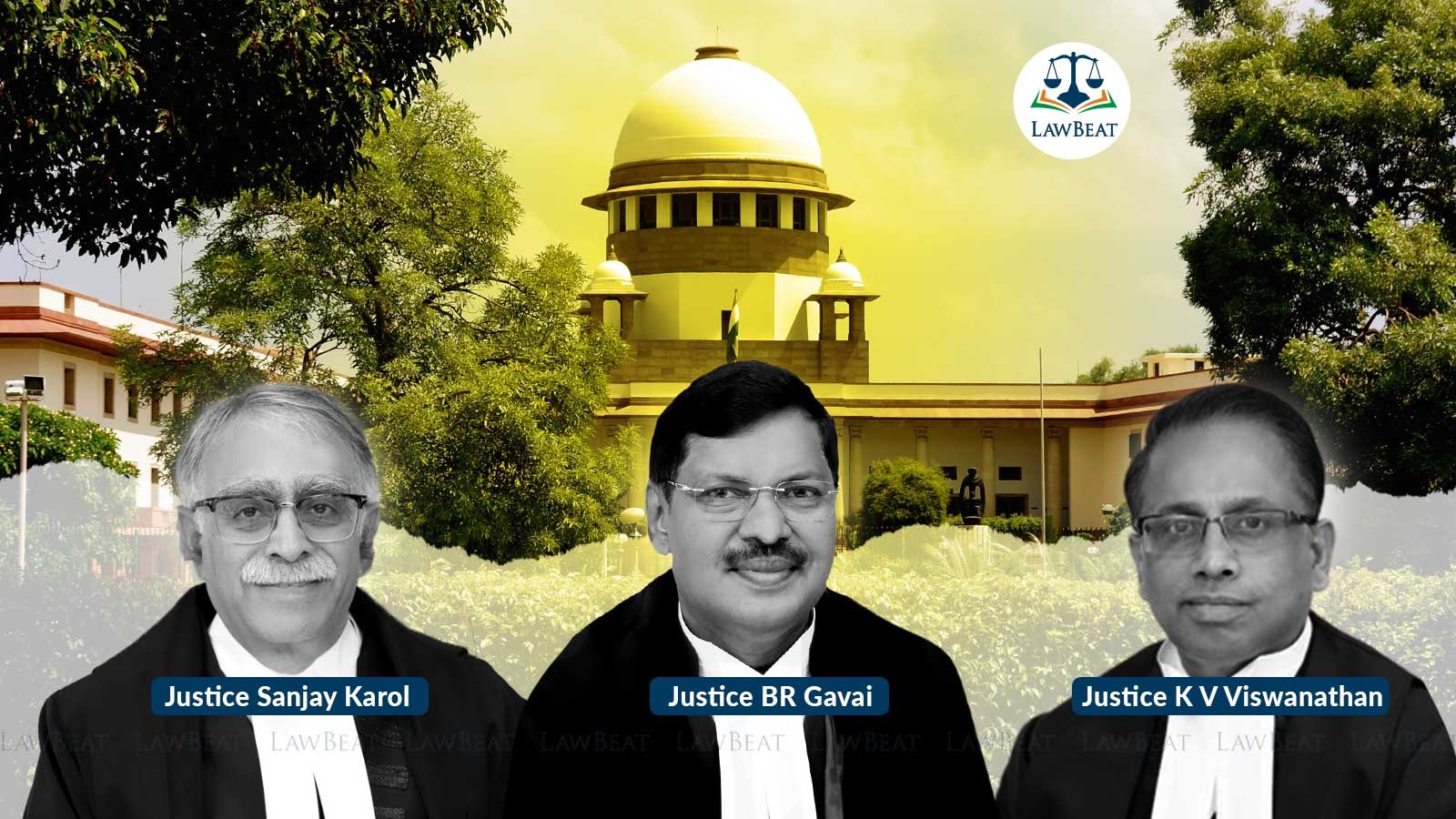Blacklisting not to be resorted in ordinary case of breach of contract: SC

Court said that any decision to blacklist should be strictly within the parameters of law and has to comport with the principle of proportionality
The Supreme Court on August 7, 2024, said that debarment or blacklisting of a party for ordinary breach of contract in a case of a bona fide dispute is not permissible, as such an act amounts to civil death.
"Where the case is of an ordinary breach of contract and the explanation offered by the person concerned raises a bona fide dispute, blacklisting or debarment as a penalty ought not to be resorted to. Debarring a person albeit for a certain number of years tantamounts to civil death inasmuch as the said person is commercially ostracised resulting in serious consequences for the person and those who are employed by him," a bench of Justices B R Gavai, Sanjay Karol, and K V Vishwanathan said.
The apex court set aside a judgment of the Calcutta High Court's division bench order and restored the single judge bench decision which had quashed the March 2, 2016 order of blacklisting issued by Kolkata Municipal Corporation against appellant The Blue Dreamz Advertising Pvt Ltd.
The bench pointed out blacklisting has always been viewed as a drastic remedy and the orders passed have been subjected to rigorous scrutiny.
"Any decision to blacklist should be strictly within the parameters of law and has to comport with the principle of proportionality," the bench said.
Examining the appeal, the bench noted after that exchange of correspondence between the appellant and the respondents resulted in invocation of the arbitration and it was undisputed that by an award of April 26, 2024, the appellant had been awarded after due set off Rs 2,23,14,565 with 8% interest per annum under the very same dispute over allotment of contract for display of advertisement on Street Hoardings (including V Shaped), Bus Passenger shelter and Kiosks.
"We are not here concerned with the correctness of the award. What it does signify is that there was a bona fide contractual dispute between the parties and we hold that the single judge was right in setting aside the order of debarment on the ground that there was a bona fide civil dispute between the parties," the bench said.
The court found that the division bench had not appreciated the case in its proper perspective.
"Merely saying that the blacklisting order carried reasons is not good enough. Do the reasons justify the invocation of the penalty of blacklisting and is the penalty proportionate, was the real question," the bench pointed out.
The court also noted that the division bench had observed that blacklisting is a business decision by which the party affected by the breach decides not to enter into any contractual relationship with the party committing the breach. It had also observed that between two private parties the right to take any such decision is absolute and untrammeled by any constraints whatsoever.
"The observations are too sweeping in their ambit and wholly overlook the fact that the respondent-Corporation is a statutory body vested with the duty to discharge public functions. It is not a private party. Any decision to blacklist should be strictly within the parameters of law and has to comport with the principle of proportionality," the bench said.
The court also noted that there had been no enquiry by the division bench as to whether the conduct of the appellant was part of the normal vicissitudes in business and common place hazards in commerce or whether the appellant had crossed the Rubicon warranting a banishment order, albeit for a temporary period in larger public interest.
Case Title: The Blue Dreamz Advertising Pvt Ltd & Anr Vs Kolkata Municipal Corporation & Or
